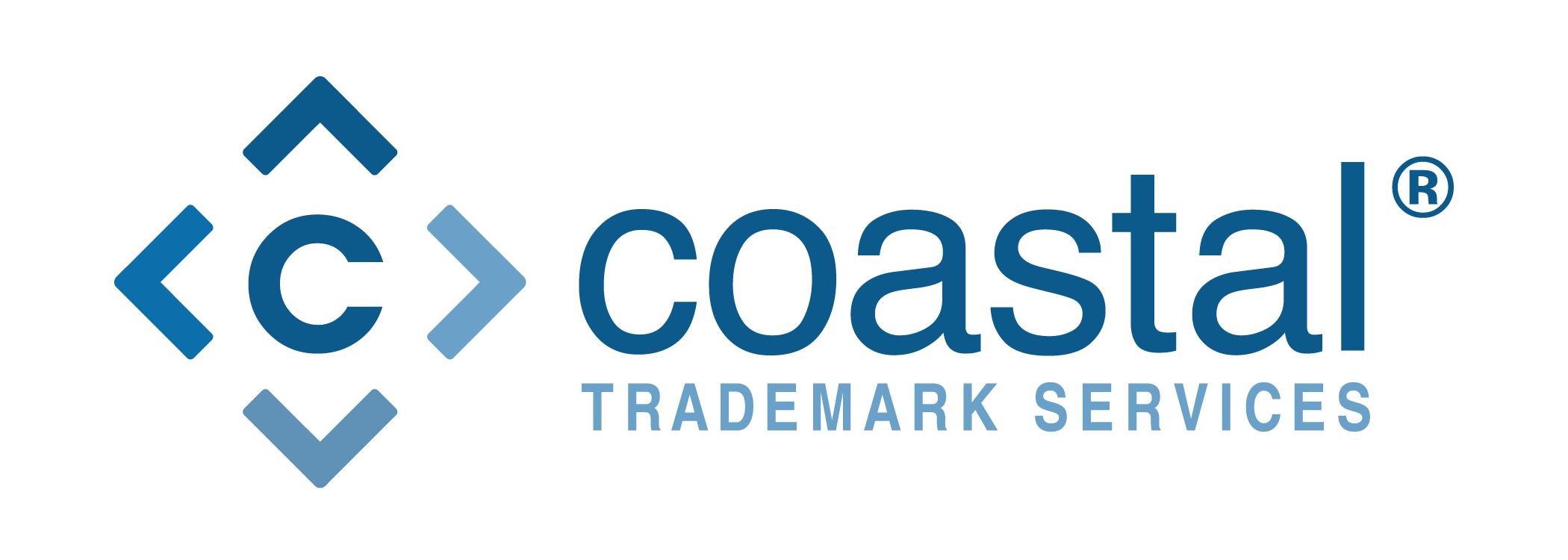Draft Regulation respecting the language of commerce and business
Introduction to Bill 96
In 2022, Quebec enacted Bill 96, officially titled “An Act respecting French, the official and common language of Quebec,” with the aim of protecting and strengthening French as the official language in Quebec.
As a result of amendments to the Charter of the French Language introduced by Bill 96, brand owners doing business in Quebec will face more stringent requirements regarding the translation of non-French text on products, signage and commercial publications as of June 1, 2025.
In addition to Bill 96 itself, a draft Regulation was published earlier this year providing additional information on compliance with the new requirements.
The following changes are of particular relevance to brand owners doing business in Quebec:
Trademark Exception
The Charter’s trademark exception currently grants “recognized trademarks” relief from certain French translation obligations, provided a French version of the trademark has not been registered. “Recognized trademarks” include registered trademarks and, debatably, unregistered ones.
Under the new Sections 51.1 and 58.1 of the Charter, effective June 1, 2025, the trademark exception for products, public signs, posters and commercial publications shifts to only registered trademarks in Canada, provided a corresponding French version has not been registered.
The registration requirement poses a considerable challenge given the lengthy and uncertain process of obtaining a Canadian trademark registration.
The draft Regulation proposes a compromise by stating that a trademark for which an application is pending at the Trademarks Office will benefit from the registered trademark exception. However, this is only in respect of products, and not commercial publications (including websites), public signs, posters or commercial advertising. It remains to be seen whether the Regulation will be amended to harmonize the rules on all fronts.
If the draft Regulation is accepted as is, it would allow a company to use a non-French trademark on a product and its packaging without translation, provided the trademark is pending registration at the Trademarks Office or is registered.
Descriptions and Generic Term on Products
The introduction of Section 51.1 creates a new obligation concerning non-French descriptions and generic terms on products. Specifically, if a registered trademark contains a generic term or description of the product, that generic term/description must appear in French on the product or on a medium permanently attached to it.
The draft Regulation proposes to define a “generic term” as “one or more words describing the nature of a product” and a “description” as “one or more words describing the characteristics of a product”. However, further clarity is needed on how these definitions will be interpreted and applied by the Office Québécois de la langue Française (OQLF).
Additionally, the draft Regulation specifies that non-French generic/descriptive terms within a trademark cannot be more prominent or be available on more favourable terms than their French counterparts, but the exact placement and manner of displaying the French translation remains uncertain.
It is hoped that clarification will be provided, indicating that the translated descriptive or generic terms need not be displayed in a manner that alters the appearance of the registered trademark, or on the same face of the product or container where the label appears, but can instead appear elsewhere on a product or medium attached to the product.
Furthermore, non-French terms that are in a French dictionary with the same meaning do not require translation to comply with the Charter, but translation will be required if they have a different meaning.
Exterior Public Signs and Posters
On public signs and posters visible from outside premises, a registered non-French mark will have to be accompanied by French text within the same visual field, and the French text will have to be “markedly predominant” in relation to the non-French trademark.
Grace Period and Compliance Deadline
Recognizing the need for transition, the draft Regulation includes a grace period until June 1, 2027, allowing the distribution, sale, or lease of non-compliant products manufactured before June 1, 2025. However, products manufactured after June 1, 2025, will have to be compliant with the new requirements.
Next Steps
Despite the draft Regulation, ambiguity persists, particularly regarding the translation of “descriptive” and “generic” terms contained within a registered trademark, and the positioning of translations of same.
It is important to note that the draft Regulation is still subject to amendments following a consultation period that ended on February 26, 2024.
Looking ahead, we anticipate further guidance from the OQLF, including proposed options for compliance with the new requirements. While, we do not have an indication on when the final Regulations will be enacted or when their Guidelines will be published, we will keep you informed.
If you have specific questions regarding registering your mark in Quebec, please contact us and we would be pleased to assist.
